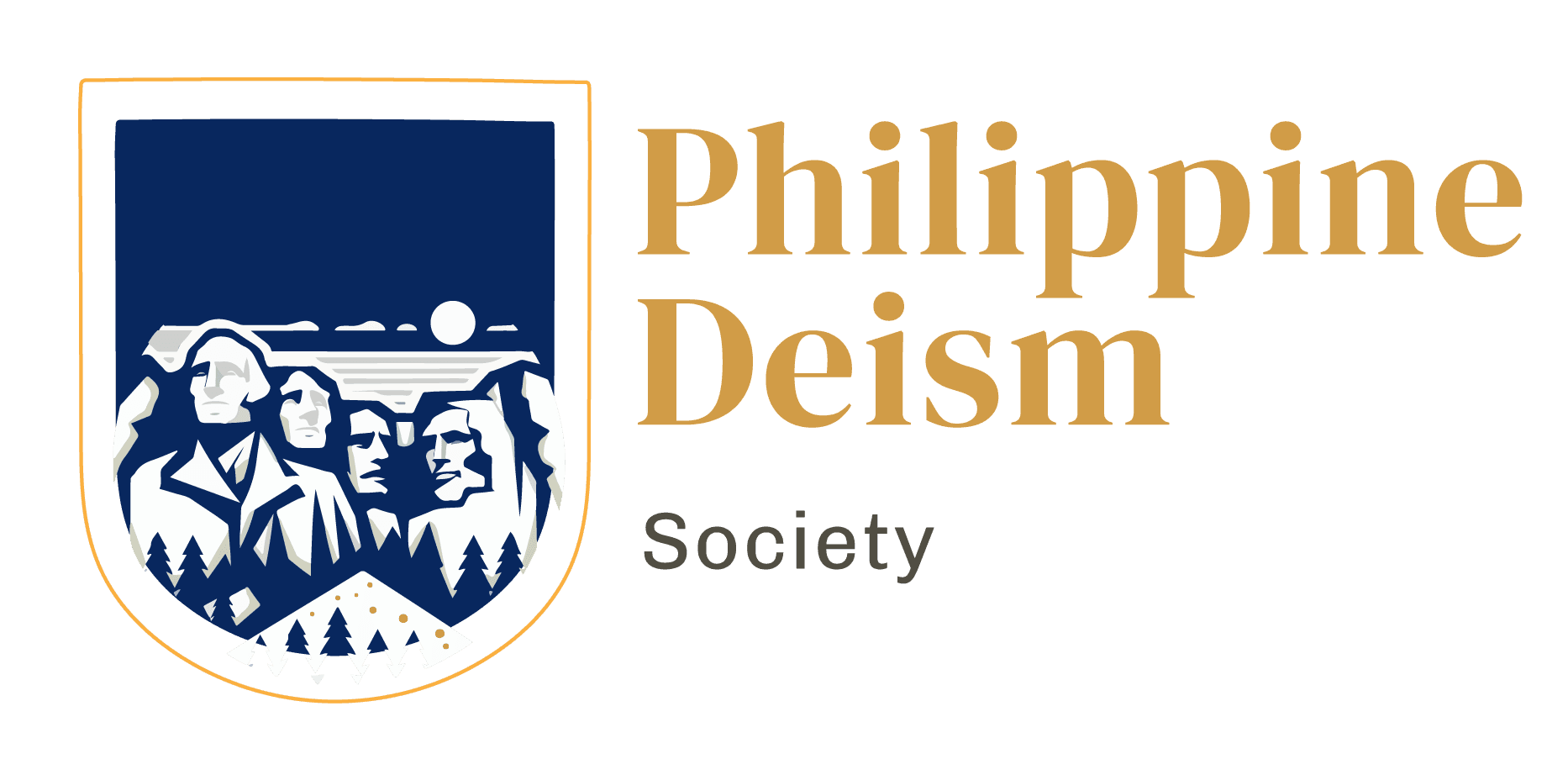By Ave Padilla
Religious indoctrination—the process of instilling religious beliefs in individuals, particularly from a young age, without room for critical thinking or alternative viewpoints—has shaped civilizations, cultures, and personal identities for centuries. While religion has offered moral frameworks, community support, and meaning to many, indoctrination as a method of religious transmission presents significant problems. It can hinder intellectual freedom, perpetuate intolerance, and contribute to psychological and societal dysfunctions.
1. Suppression of Critical Thinking
One of the most evident consequences of religious indoctrination is the stifling of critical thought. When individuals are taught to accept doctrines as absolute truths rather than question or examine them rationally, they often develop a mindset that discourages inquiry. In many religious settings, doubt is equated with sin, and questioning authority is seen as rebellion against the divine. This discourages independent reasoning and can lead to intellectual stagnation—not only in matters of faith but in broader philosophical, scientific, and ethical realms.
2. Imposition of Guilt and Fear
Religious indoctrination often relies on fear—particularly the fear of punishment in an afterlife or the wrath of a deity. Concepts like eternal damnation, divine judgment, and inherited sin create a psychological environment where guilt and anxiety thrive. Children raised in such environments may internalize shame for natural emotions, personal mistakes, or even harmless thoughts. This emotional manipulation can lead to lifelong struggles with self-worth, trust, and mental health.
3. Perpetuation of Intolerance and Division
When people are indoctrinated to believe that their religion is the only true path, it fosters an “us versus them” mentality. This exclusivist thinking breeds intolerance toward those of other faiths or no faith at all. History bears witness to the destructive consequences of such dogmatism—crusades, inquisitions, religious wars, and modern-day terrorism. Even in less violent forms, this division appears as discrimination, xenophobia, and sectarianism within communities.
4. Undermining Moral Autonomy
Contrary to the belief that religion is necessary for moral development, indoctrination often bypasses genuine moral reasoning. When individuals follow rules solely because they were told they are “God’s commands,” they may not develop an internal compass rooted in empathy, justice, or shared human values. Moral decisions become about obedience rather than understanding, leading to rigid, judgmental, or even harmful behaviors justified in the name of faith.
5. Resistance to Scientific Understanding
In many cases, religious indoctrination conflicts with scientific evidence and inquiry. Literal interpretations of sacred texts can lead to the rejection of well-established scientific theories such as evolution, climate change, and cosmology. This rejection is not based on evidence but on the fear of theological collapse. It creates a population that may distrust experts, resist progress, and deny facts—damaging both education and societal advancement.
6. Delayed or Distorted Identity Formation
Children raised in an environment of strict religious indoctrination often experience delayed or distorted self-awareness. They may suppress their true interests, sexuality, or aspirations to conform to religious norms. This can lead to a crisis of identity later in life when they begin to question their beliefs or discover they’ve lived according to imposed values rather than their own convictions. For many, this is accompanied by isolation from their families or communities, which often reject those who step outside the fold.
7. Obstruction of Social Progress
Indoctrinated beliefs can become obstacles to social reforms and human rights. Issues such as gender equality, LGBTQ+ rights, reproductive freedom, and freedom of expression are often resisted by those whose religious dogmas oppose them. As a result, entire societies may remain trapped in outdated moral frameworks, hindering efforts to create more inclusive, compassionate, and just communities.
Toward a Freer Spiritual Path
None of this is to deny that many find comfort, inspiration, and ethical guidance through religion. However, the difference lies in how those beliefs are adopted. A spiritual journey rooted in exploration, reason, and personal experience—rather than unquestioning acceptance—can lead to a more humane, tolerant, and liberated worldview.
Religious indoctrination is not a harmless tradition; it is a method that often molds minds by fear, conformity, and submission. True faith—or even the rejection of faith—should be a choice made freely, with the full capacity of human reason, reflection, and autonomy. In an age of information and pluralism, the time has come to replace indoctrination with education, fear with understanding, and dogma with dialogue.
For those seeking a more rational and compassionate spiritual perspective, alternatives such as Deism and humanistic philosophies offer a path forward—rooted not in blind belief but in thoughtful inquiry and reverence for life.
Let’s now examine “The Problematic Results of Religious Indoctrinations” in light of Deism—a worldview grounded in reason, nature, and individual conscience, rather than revealed dogma or institutional authority. Deism offers a powerful alternative to the problems highlighted in the article, and it aligns with many Enlightenment ideals that promote personal and intellectual freedom.
1. Suppression of Critical Thinking vs. Deism’s Embrace of Reason
Religious Indoctrination: The article points out that indoctrination discourages inquiry and fosters blind acceptance of dogma. Doubt is treated as sin, and questioning is condemned.
Deism: In stark contrast, Deism encourages reason, doubt, and critical thinking. Deists believe that the universe and its natural laws are evidence of a Creator, and that human reason is the best tool to understand both the divine and the world. Deism rejects sacred texts as infallible and emphasizes individual investigation. A Deist would see questioning not as rebellion, but as reverence for truth.
2. Imposition of Guilt and Fear vs. Deism’s Affirmation of Inner Peace and Moral Confidence
Religious Indoctrination: Fear of hell, divine wrath, or “original sin” creates emotional trauma and guilt. People are led to believe they are inherently unworthy or perpetually at risk of eternal punishment.
Deism: Deism rejects fear-based control. It holds that the Creator is not a wrathful judge but a benevolent force evident in the order and beauty of nature. Morality is not imposed through fear of punishment but arises from natural empathy and rational reflection. A Deist derives peace from understanding nature’s laws, not from appeasing an angry deity.
3. Intolerance and Division vs. Deism’s Universalism and Inclusivity
Religious Indoctrination: When one religion claims to possess the ultimate truth, it inevitably fosters division and conflict. This leads to sectarianism, discrimination, and even violence.
Deism: Deism is inherently non-sectarian and inclusive. It teaches that all people have access to the truth through nature and reason, regardless of race, culture, or creed. It does not seek to convert but to inspire thoughtful reflection. The Deistic worldview encourages cooperation and unity rather than religious superiority or tribalism.
4. Undermining Moral Autonomy vs. Deism’s Respect for Conscience
Religious Indoctrination: The article criticizes how indoctrination often replaces genuine moral reasoning with obedience to commandments.
Deism: Deists believe that morality is natural and discoverable through reason and conscience, not handed down through divine revelation. Rather than following rules for fear of punishment, Deists act ethically out of a rational understanding of justice, compassion, and the consequences of actions. This affirms human dignity and moral agency.
5. Resistance to Scientific Understanding vs. Deism’s Harmony with Science
Religious Indoctrination: Literal interpretations of religious texts can lead to rejection of scientific facts—whether in biology, astronomy, or medicine.
Deism: Deism embraces science as a path to understanding the Creator. Scientific discoveries about the universe, life, and consciousness are not threats to faith, but enrichments of it. The natural world is seen as the true “scripture,” and science is the sacred study of that book. There is no conflict between belief in a Creator and the pursuit of scientific knowledge.
6. Delayed or Distorted Identity Formation vs. Deism’s Freedom of Self-Discovery
Religious Indoctrination: When children are forced to suppress their curiosity, sexuality, or dreams to fit rigid religious molds, they may suffer inner conflict and identity crises.
Deism: Deism encourages authentic self-discovery. Without rigid creeds or imposed guilt, individuals are free to explore who they are, guided by their reason, experiences, and inner voice. This leads to healthier psychological development and a more honest spiritual life.
7. Obstruction of Social Progress vs. Deism’s Support for Enlightened Morality
Religious Indoctrination: As the article notes, indoctrinated dogmas can block social reform, especially around gender equality, LGBTQ+ rights, and freedom of expression.
Deism: Deism is aligned with progressive, rational human values. It does not cling to ancient taboos or culturally outdated beliefs. Deists are free to adapt their understanding of ethics as human knowledge and empathy expand. Many Enlightenment-era Deists were social reformers, advocating for liberty, education, and human rights.
Conclusion: Deism as a Liberating Alternative
The article outlines how religious indoctrination can be intellectually, emotionally, and socially damaging. In each of these areas, Deism offers a liberating alternative:
- Instead of indoctrination, Deism promotes education and exploration.
- Instead of fear and guilt, it fosters awe and responsibility.
- Instead of division, it encourages unity through reason and shared humanity.
- Instead of outdated dogma, it embraces evolving knowledge and timeless natural law.
Deism does not claim to have all the answers—it simply invites each person to seek truth sincerely, think freely, and live ethically, in harmony with the rational structure of the universe.

